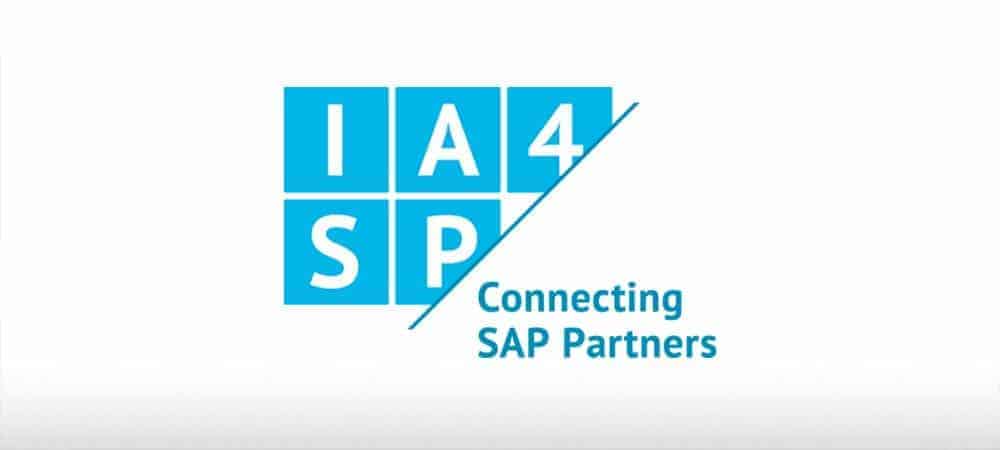Statement of IA4SP e. V. to the mailing of Voice e. V.


The additional license and maintenance fees to be paid by existing SAP customers for indirect access from devices and third-party programs would contradict the principle of interoperability.
As the expert opinions commissioned by Voice now come to the same conclusion as the expert opinions commissioned by IA4SP in 2015, IA4SP feels confirmed in its legal opinion that there is no legal basis for SAP's current licensing policy on indirect use that supports such a licensing system.
Perhaps this is now an opportunity for those responsible at SAP to reconsider SAP's current license policy for indirect use.
As the chairman of Voice, Dr. Thomas Endres, rightly states in the Voice press release, the license fees demanded by SAP for indirect use are fatal for the ongoing digital transformation.
If the networking of third-party systems with the ERP system becomes too expensive due to the license fees for indirect use, there is a real risk that certain IoT and I4.0 projects will no longer pay off.
Furthermore, according to Patrick Quellmalz, Head of Service at Voice and Managing Director of Voice CIO-Service GmbH, SAP is massively damaging the market for third-party applications with its licensing behavior. Because if the networking of third-party applications with SAP becomes too expensive, third-party software providers will be denied access to the market.
The members of lA4SP are already seeing the negative effects of market displacement. Member companies report that ERP customers have to pay considerable additional costs to SAP for indirect use.
This has repeatedly led to SAP users deciding not to purchase the third-party application in question. From IA4SP's point of view, this is a dangerous development, as it reduces the diversity of offerings and innovative strength in the SAP market.
These negative market effects of SAP's licensing policy on the SAP ecosystem appear to have been the reason for Voice to file a complaint against SAP's market behavior with the German Federal Cartel Office, as reported by Wirtschaftswoche and Handelsblatt.
It remains to be seen what decision the Federal Cartel Office will ultimately make. In any case, Voice's move shows that many IT users are not satisfied with SAP's license system for indirect use, feel stifled and see a real threat to maintaining sufficient competition in the SAP ecosystem.
Otherwise, the Voice members would not have decided to take such a step. Obviously, the new license system announced by SAP for the digital age does not seem to provide a satisfactory solution to the problem for Voice members either. After all, even under the new licensing system, indirect use remains subject to licensing.
Only the license metric changes from a user-based to a transaction-based fee. Initial use cases from our member companies have shown that the additional costs for indirect use through the new license system still lead to a considerable increase in the cost of connecting third-party applications.
It is a pity that, despite intensive efforts by the associations active in the SAP ecosystem, it has not yet been possible to find mutually acceptable solutions with SAP that also take into account the legitimate interests of SAP customers and SAP partners in the cost-effective networking of third-party applications with SAP systems.
A further escalation of the conflict between the opposing interest groups was therefore foreseeable and probably unavoidable. Due to the enormously negative impact that SAP's current licensing policy has on the business model of our member companies, we can only welcome Voice's initiative.
It is in the interest of all parties involved in the SAP ecosystem to ensure that the relevant antitrust issues are clarified quickly so that all parties involved can once again face the important challenges posed by the digital transformation and topics such as IoT and I4.0.





